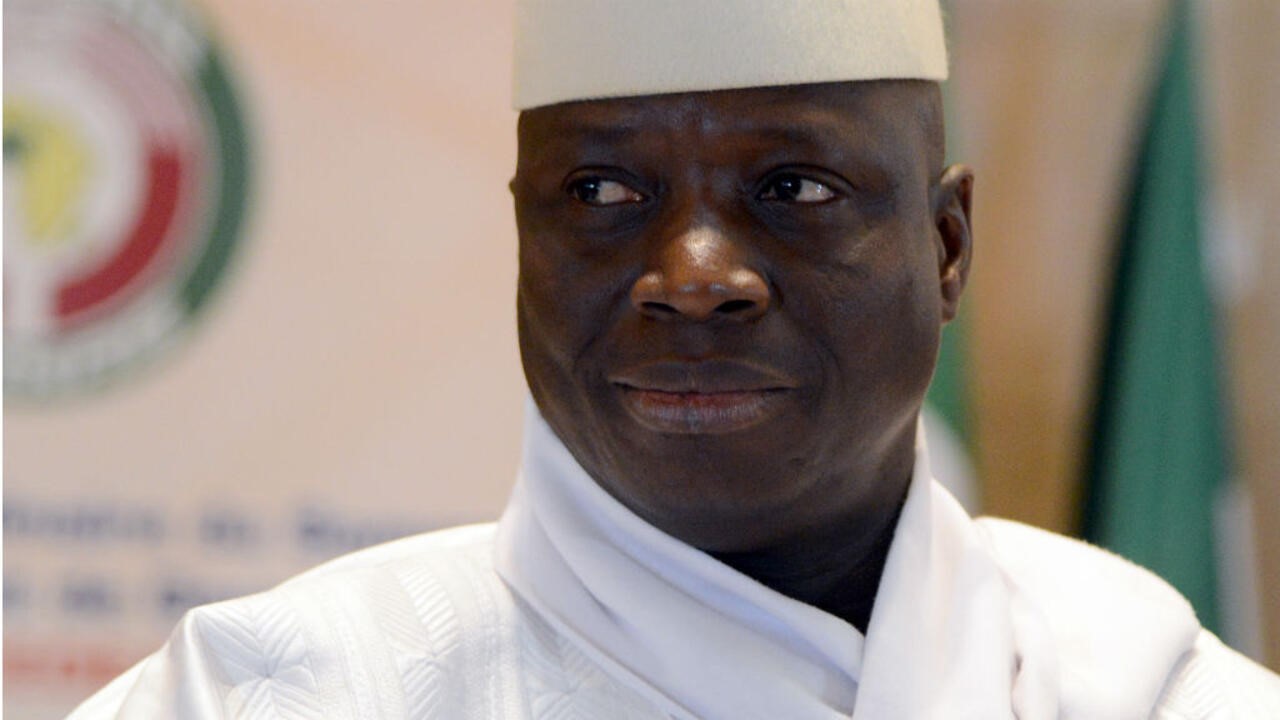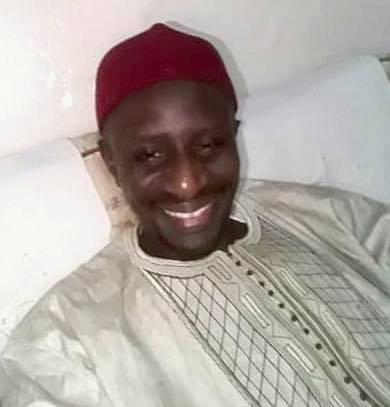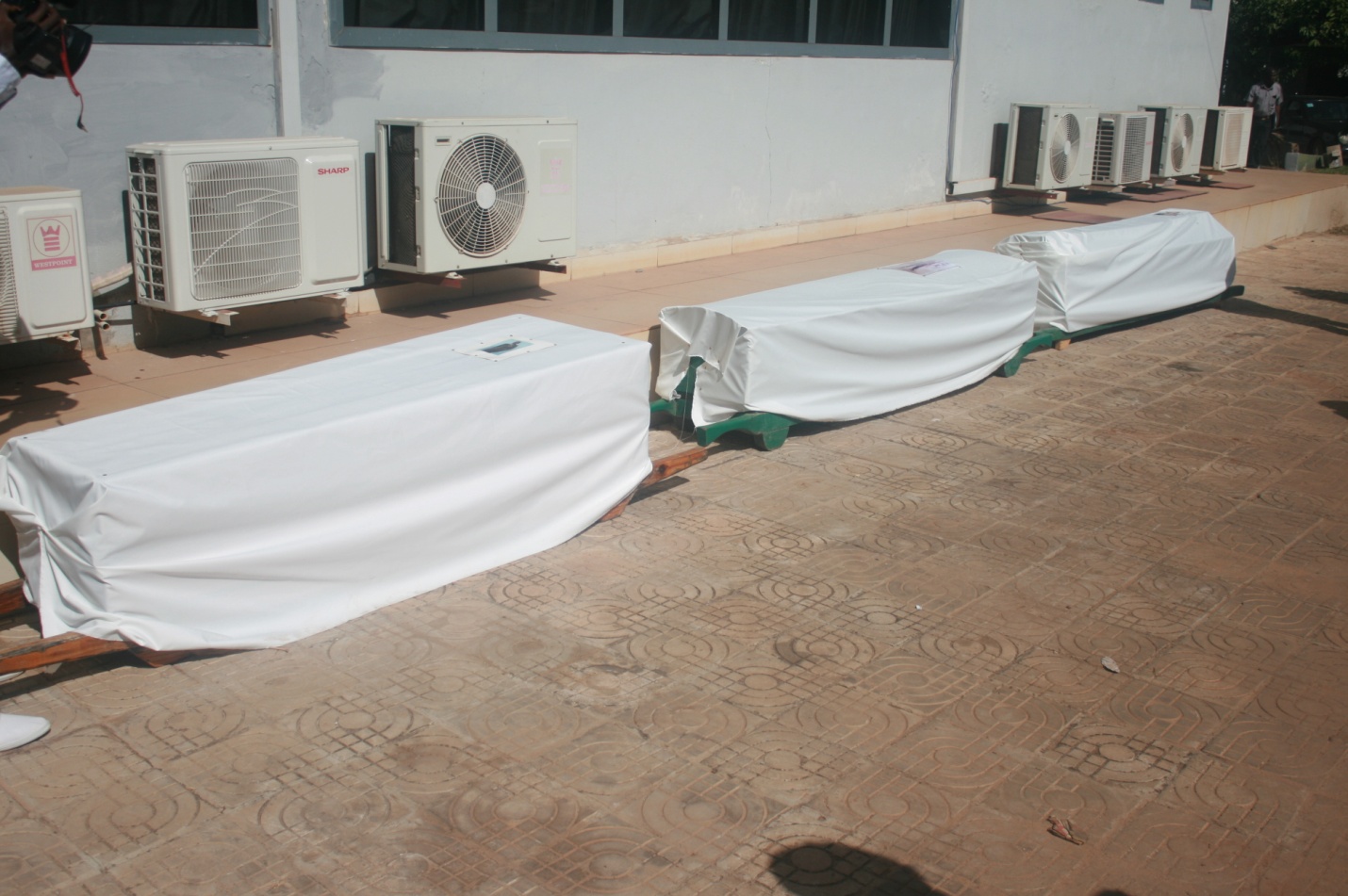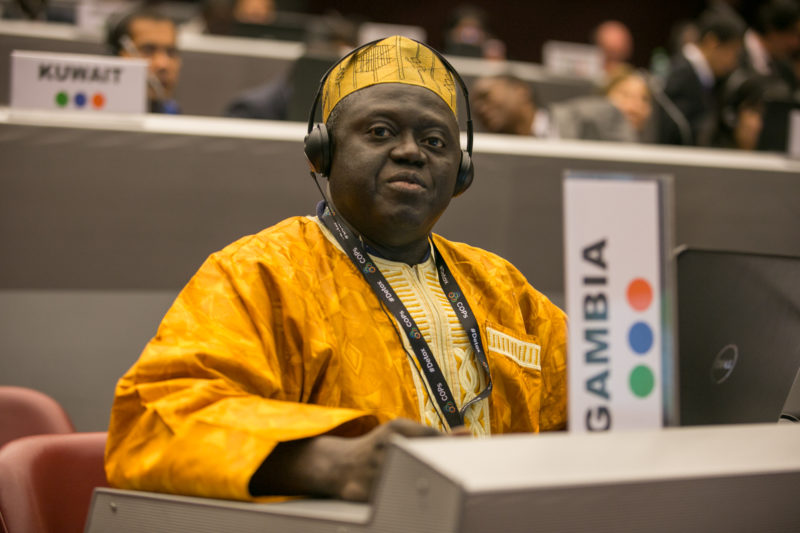
By: Nyima Sillah
As The Gambia marks 25 years since the April 10th–11th student massacre, survivors of the incident said they feel abandoned by the Barrow government.
They claimed that the Barrow administration has not delivered on its promise of ensuring justice over the killing and maiming of students.
The protest in April 2000, sparked by the killing of a student and the alleged rape of a schoolgirl by security forces, left at least 14 students dead and many more injured. To this day, survivors continue to live with the physical, emotional, and financial scars of that event.
In an exclusive interview with this medium, three victims Abdou Karim Jammeh, Sainabou Camara Lowe, and Yusupha Mbaye shared their stories.
I Live in Pain Every Day-Sainabou Camara

Sainabou Camara Lowe, a survivor of the April 10the-11th student unrest, said: “I have been a victim since day one. I never got justice, reparation, or proper medical help. I live in pain every day.”
Sainabou has undergone two surgeries this year, one in January and another in February. Still, her condition continues to worsen. She now relies on a walking stick and can no longer continue her small business, which was her only source of income.
“I used to do petty trading to feed my kids, but now I can’t stand for long. My legs are weak. I can’t even pay rent,” she said.
“They Refused My Medical Travel Request”
Sainabou said she had asked for permission to travel overseas for medical treatment, but her request was denied.
“They told me if the treatment is available here, they won’t give me the papers. But look at me… One of my legs moves, the other doesn’t,” she bemoaned. “I’ve been through two surgeries already, and now they’re suggesting a third. I can’t go through that again.”
She said local organizations like the Post-TRRC medical board, civil society groups, and the African Leaders Organization for Victims (ALO) helped her with hospital costs, but her financial commitments such as rent, food, and school fees for her children remain challenging.
“What hurts most is seeing the people, who hurt us, walking freely. They live better lives, while we suffer in silence,” she lamented.
Justice Has Been Replaced by Politics-Abdou Karim Jammeh

Abdou Karim Jammeh, another survivor of the April 2000 student protest, said he had hoped for a better future when President Barrow came to power in 2017.
“At the time, Barrow promised to hold perpetrators accountable, and support victims. I feel very bad and disappointed by the Barrow government for delaying justice,” he added. “But I’m not surprised. He’s now working with the same people who helped Jammeh stay in power.”
Jammeh recalled how some lawmakers, who once supported Jammeh’s rule, are now key figures in Barrow’s administration, asserting that one of them even moved a motion in the National Assembly to extend Jammeh’s rule during the 2016 political crisis.
“These people don’t care about victims,” he said. “They care about politics and power. That’s why I’ve lost hope in this government.”
Where Are the Reforms?
Mr. Karim also expressed frustration with the slow pace of institutional reforms, pointing out that political interest is the reason why justice is delayed and reforms are stuck.
“Nothing is changing. The same systems that protected criminals back then are still in place,” he stressed.
He questioned the continued presence of outdated laws like the Public Order Act and the Indemnity Act; the two pieces of legislation that were used during Jammeh’s time to silence oppositions, and protect security forces from prosecution.
He further asked the government “Why is April 10–11 still not a public holiday? Why was the draft constitution rejected? Why are we still working with enablers of Jammeh? These are real questions the government must answer.”
I Can’t Even See My Doctor
Karim, like many other survivors, lives with long-term injuries and needs regular medical care. But financial difficulties have made that nearly impossible.
“I haven’t seen my doctor for five months. I just can’t afford it. The government promised to help, but we have seen nothing. They label us as politicians just to justify not helping us. But if they have money to waste on unnecessary programs, why can’t they pay for our treatment,” Jammeh questioned.
Even the President Has Failed Me-Yusupha Mbaye

Yusupha Mbaye, another survivor, was a young student on his way to school on April 10, 2000, when violence broke out and he was shot and left permanently disabled.
“I didn’t know what was happening. I was just going to take my exams, but that day destroyed my future,” he emotionally explained.
Now in a wheelchair, Yusupha said he is in constant pain and has been recommended for treatment abroad but has received no support from the government.
“I was promised help even by the President himself. But nothing came. This government doesn’t see us as victims anymore. They see us as enemies because of politics,” Mbaye said.
‘April 10-11 Turns 25 with a Broken Heart of Victims’
Yusupha said April 10-11 turned 25 years with a broken heart of victims, the same age as the massacre that changed his life forever.
“This is not the life I dreamed of. Justice has been replaced with excuses and delays. We were hopeful when the TRRC started, but what now? Nothing has happened. Even Seedy Njie once said the TRRC report is just tissue paper. That’s how they see our pain,” he said.
A Call for Action
All three victims agree that enough is enough, demanding justice from the government and urging the government to act on the TRRC’s recommendations.
“We are not asking for luxury. We just want justice and proper care,” said Karim.
Sainabou added, “I don’t support any political party. I just want help. Life is too hard.”
“Justice delayed is justice denied. We are still here, still suffering,” said Yusupha.





